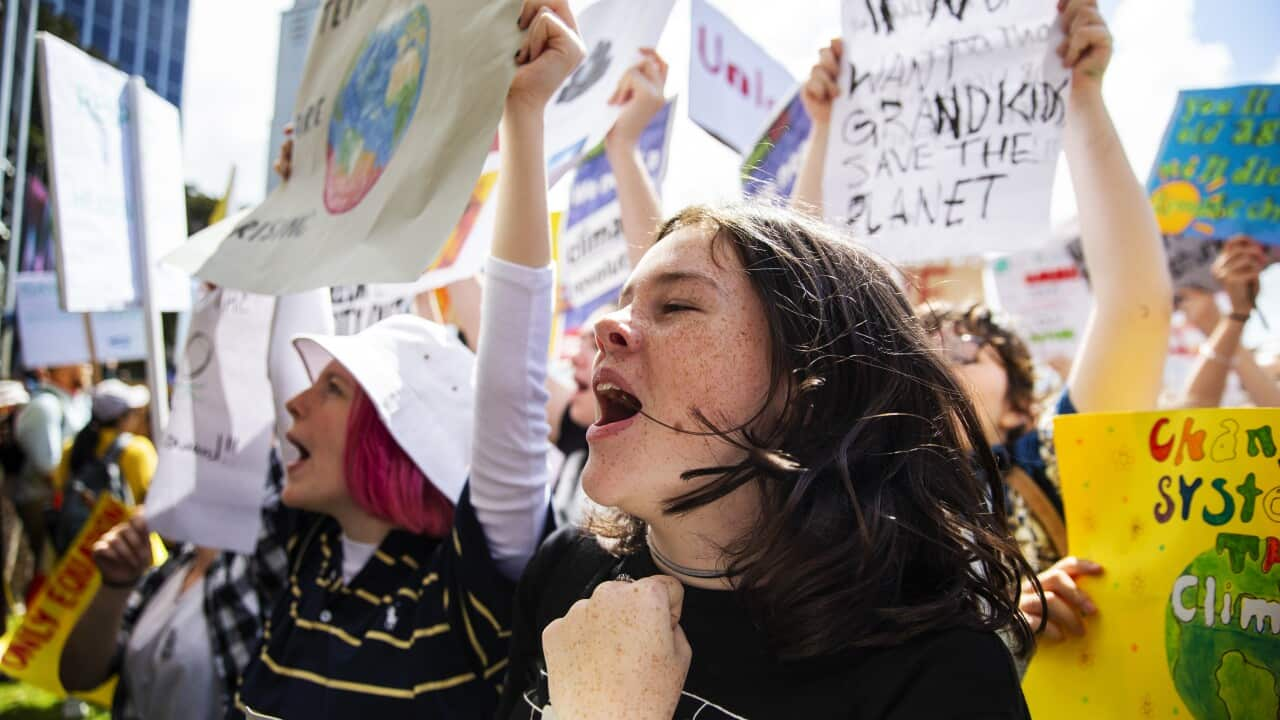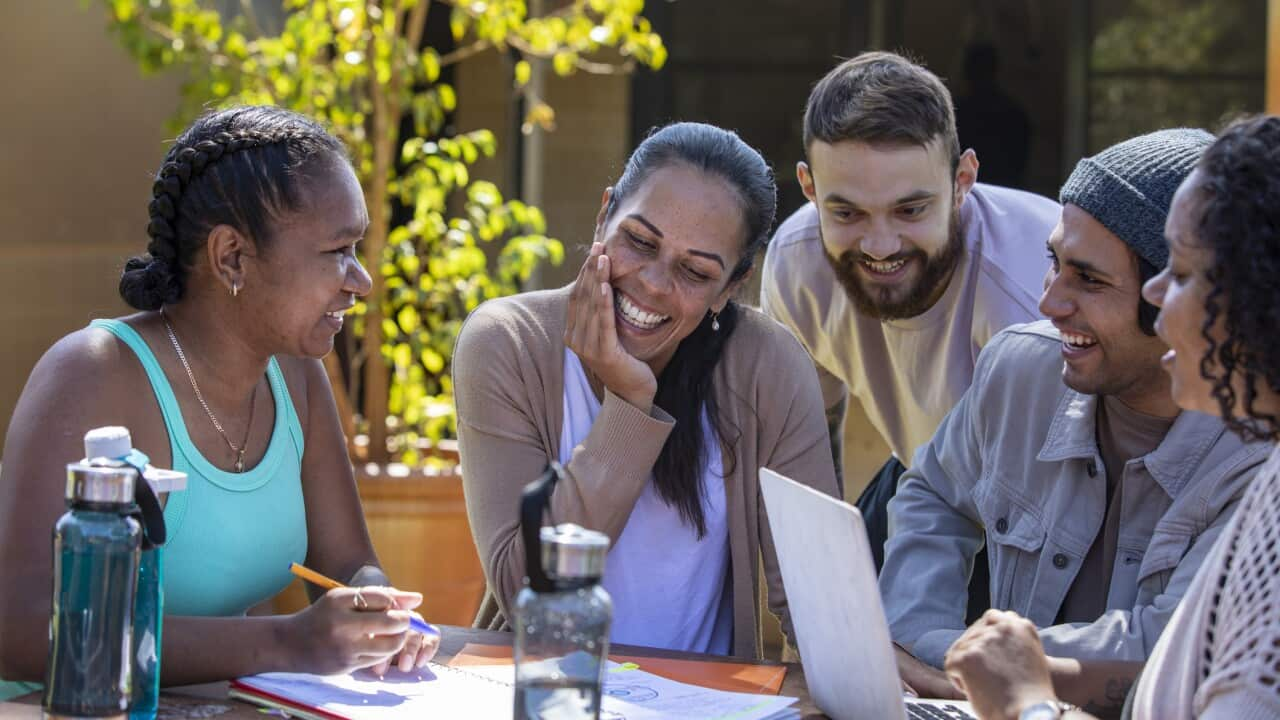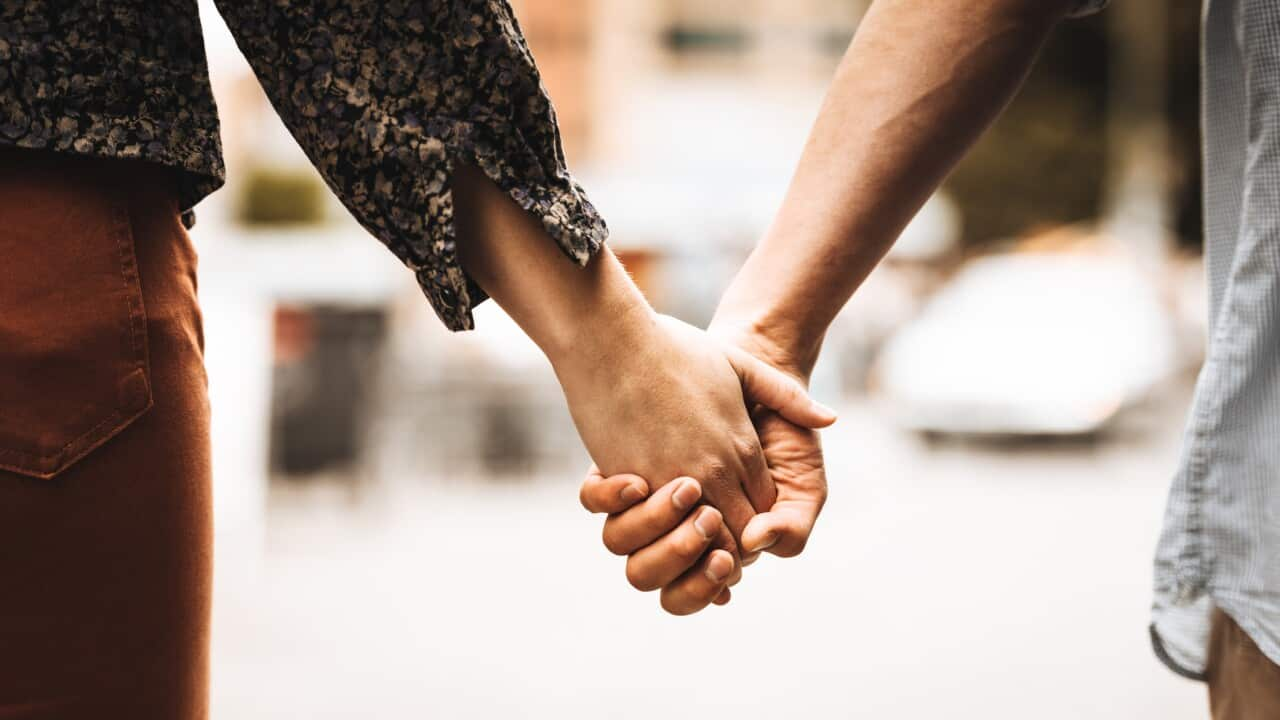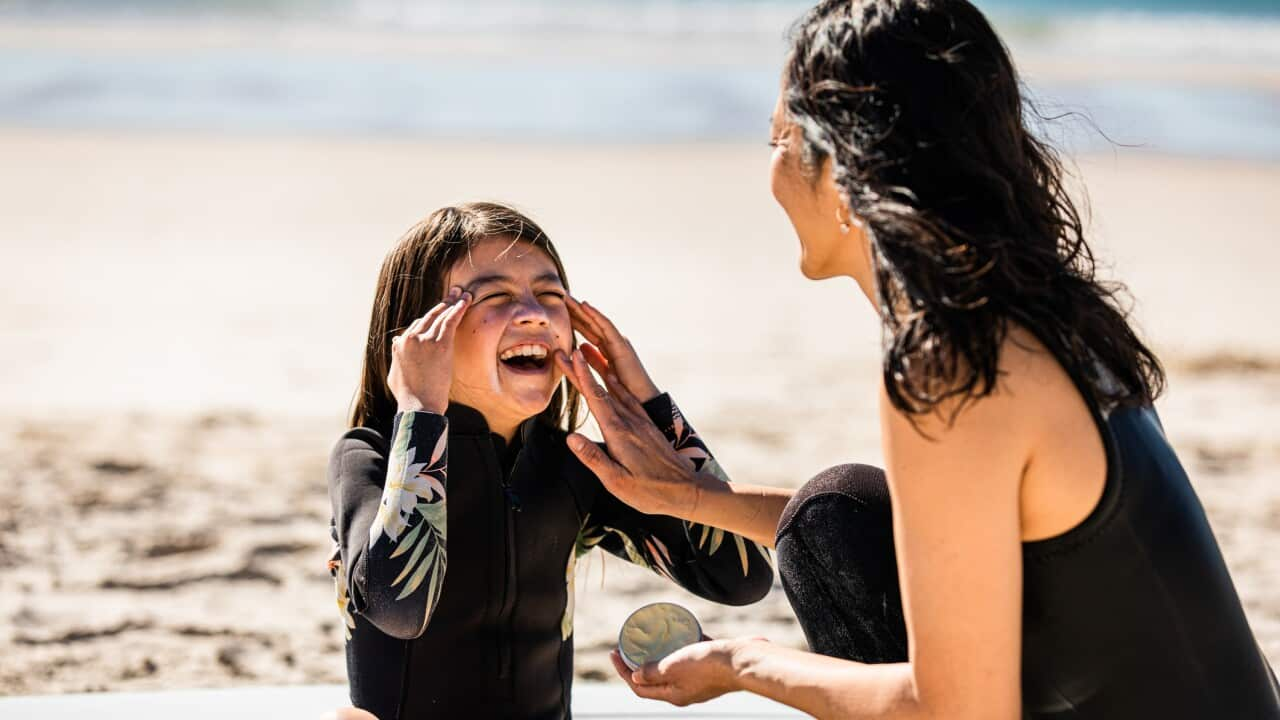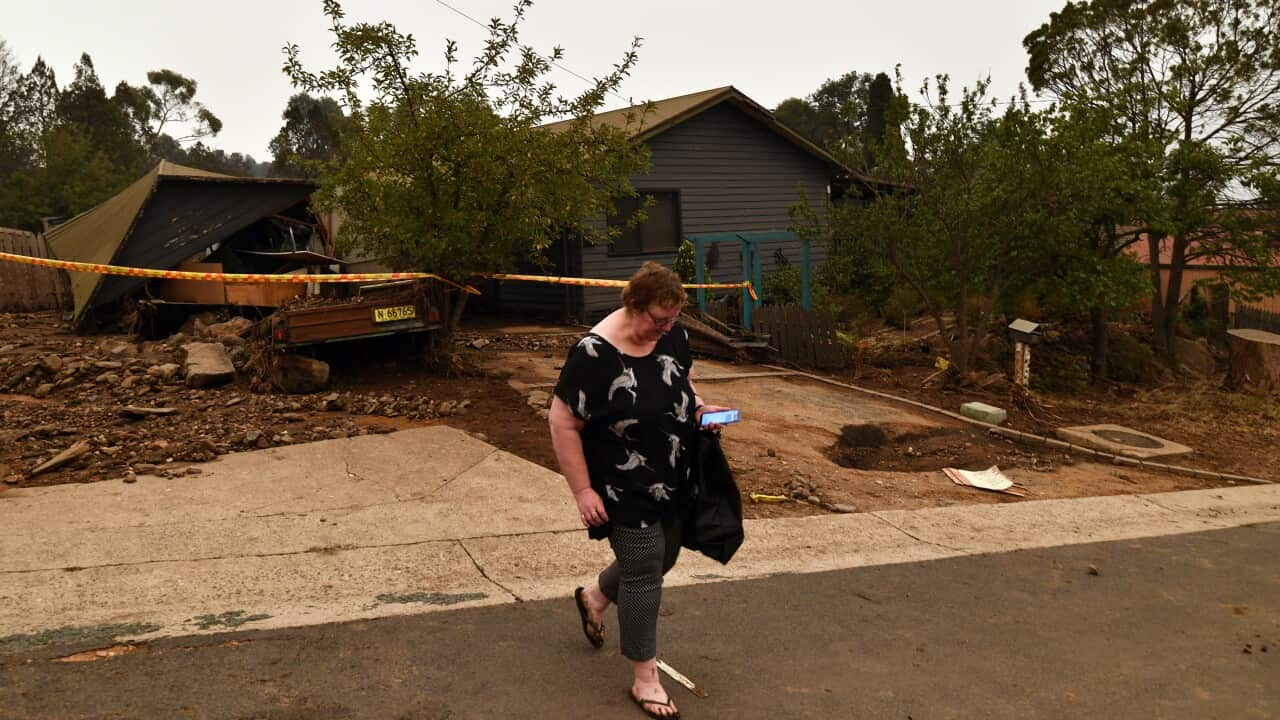It’s a common perception that we have the right to protest in Australia, but our Constitution has no such right.
Instead, we have the right to freedom of political expression under the Constitution.
“There are some examples of express recognition of the right to peaceful assembly in jurisdictions that have Human Rights Acts like Victoria, the ACT and Queensland,” says Professor Luke McNamara, Faculty of Law and Justice at UNSW.
“But for most parts of the country and nationally, there's no specific place that says you have the right to protest, and yet part of our common law tradition is that we embrace the idea of a right to protest.”
Protesting laws vary across Australia. Queensland and Western Australia, for example, have huge mining industries that attract a lot of public scrutiny, so they have stronger anti-protest legislation.
Anti-protest laws can also be very broad.
While you can’t be charged for attending a protest, you can be charged for unacceptable behaviour while protesting.

What is considered unacceptable behaviour?
Antisocial behaviour, such as harming others and damaging property, is unacceptable at a protest. Professor McNamara says what is acceptable is really a question of degree.
“Behaviour is really assessed on a case-by-case basis. So for example the acceptability of a particular protest activity, whether it's a march or a sit-down or a lock in, that's going to be assessed by police officers on the spot.”
Amnesty International Campaigner Nikita White says it’s acceptable to carry banners, posters, and works of art related to the protest, but nothing that might be considered a weapon.
“If it's knives or flares, you should definitely not have them with you on the off chance that you are searched,” she says.
Disruption during protest
We’ve all experienced disruptions to our routines during a street march. These are one of the biggest pressure points for governments and can hasten the introduction of new restrictions.
Professor McNamara says we need to accept some interruption to our lives if we’re committed to the right to protest.
It's fair to say that disruption is inherent to the activity of protesting.Professor Luke McNamara, Faculty of Law and Justice, UNSW
“The whole point of a public protest is to gather attention to encourage people to stop and reflect and listen to the message that's being conveyed,” he says.
It’s a polarising issue, and each jurisdiction imposes penalties on people who cause major disruption.
Across Australia however, protesting at a place of critical business such as a major port, road or logging area, or preventing people from getting to work can be subject to anti-protest laws.

Dr Sarah Moulds, an Associate Professor of Law at the University of South Australia, says that in extreme cases, you face serious penalties, including jail time, regardless of whether you intended to cause hardship to others.
“In Adelaide it's now possible to be put in prison for three months if you obstruct a public place,” she says. “And that's a really broad law so protests on the street or in front of buildings or Parliament can be caught by that law.”
Other standard charges in Australia include trespassing, protesting while wearing a disguise, obstructing an emergency worker, using threatening or offensive language and damaging property.
In reality, though, most people who are arrested engage in civil disobedience, where they intentionally break the law—for example, clamping themselves onto a building or unfurling a banner from a bridge.
Strengthening laws
The Human Rights Law Centre has reported 34 protest bills – or attempts to change the law – in the past 20 years, and 26 have been passed. Most of these laws have made it harder to protest.
“I think overall you can say there is a trend towards criminalising aspects of protests,” Dr Moulds says. “The type of conduct they’re criminalising is that conduct that happens at a certain place.”
Obtaining approval
An essential part of a protest in Australia is obtaining formal approval.
If you’re planning a large public assembly, you can seek permission by writing to the police or your local government.
“Then you are exempt from some of the powers which police might otherwise exercise to close down your protest,” Professor McNamara explains.
“For example, traffic obstruction can be allowed for a period of time if it’s an approved protest and streets have been blocked off for that purpose, or the march has been supervised.”
Authorisation gives you some confidence that the police won’t intervene or move the crowds on. Instead, police attendance can ensure that the protest runs smoothly and that protesters feel protected.

What if you are detained by police?
If you are detained, you should contact a lawyer. Community Legal Centres also provide legal advice and ensure that your rights are respected.
Most charges result in a fine of a few hundred dollars.
We do luckily live in a society where police and prosecutors and judges really still value this freedom and so haven't been applying the most serious penalties.Dr Sarah Moulds, Associate Professor, Law, University of South Australia
Know your rights
Organisations across Australia such as the Human Rights Law Centre, Amnesty International and your local Council for Civil Liberties provide accurate information about protesting and the law.
